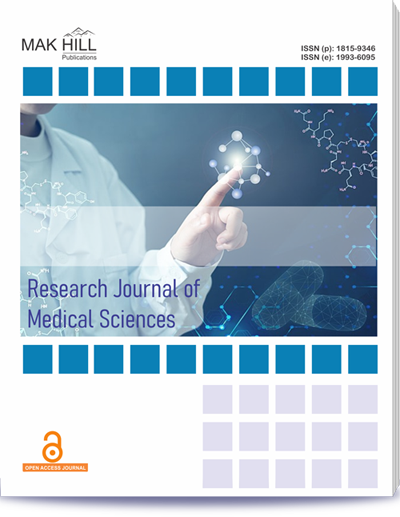
Research Journal of Medical Sciences
ISSN: Online 1993-6095ISSN: Print 1815-9346
129
Views
1
Downloads
Extrinsic or Intrinsic Religious Orientation May Have an Impact on Mental Health
S.S. Mazloomy Mahmoodabad, M.H. Ehrampoush, S.Z. Tabei, M. Nami, H. Fallahzadeh, B. NamavarJahromi, A. Shayan and S. Forouhari
Page: 232-236 | Received 21 Sep 2022, Published online: 21 Sep 2022
Full Text Reference XML File PDF File
Abstract
Religious doctrines invite individuals to patience and acceptance of God and endow believers with capability to cope with adversities. In intrinsic religiousness, religion is regarded as an objective based on which a person’s life is formed. On the other hand in extrinsic religiousness, the aim is to gain such external rewards as social status. An increasing number of studies have shown positive relationships between spirituality/religiousness and physical and mental health. The results of such studies have suggested positive relationships between well-being and intrinsic religiousness, but negative or non-significant relationships between extrinsic religiousness and psychological well-being.
How to cite this article:
S.S. Mazloomy Mahmoodabad, M.H. Ehrampoush, S.Z. Tabei, M. Nami, H. Fallahzadeh, B. NamavarJahromi, A. Shayan and S. Forouhari. Extrinsic or Intrinsic Religious Orientation May Have an Impact on Mental Health.
DOI: https://doi.org/10.36478/rjmsci.2016.232.236
URL: https://www.makhillpublications.co/view-article/1815-9346/rjmsci.2016.232.236